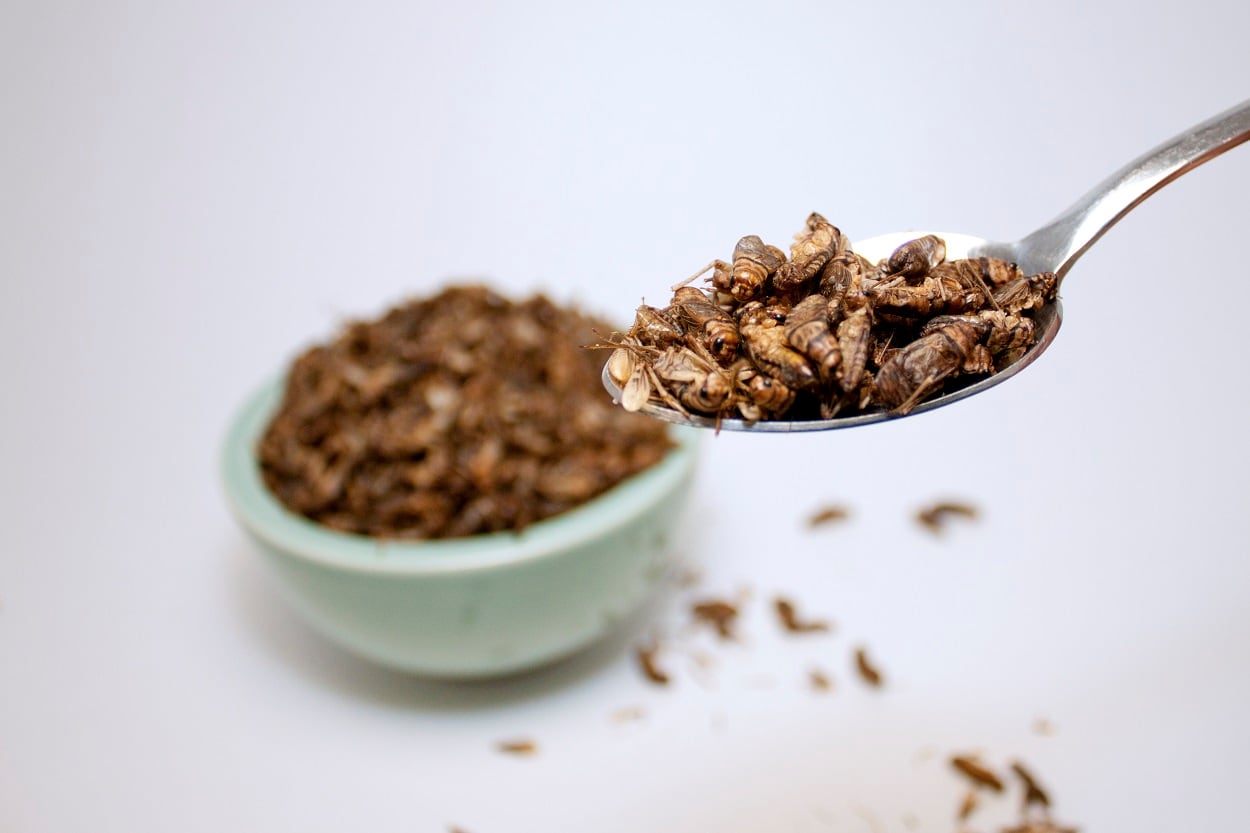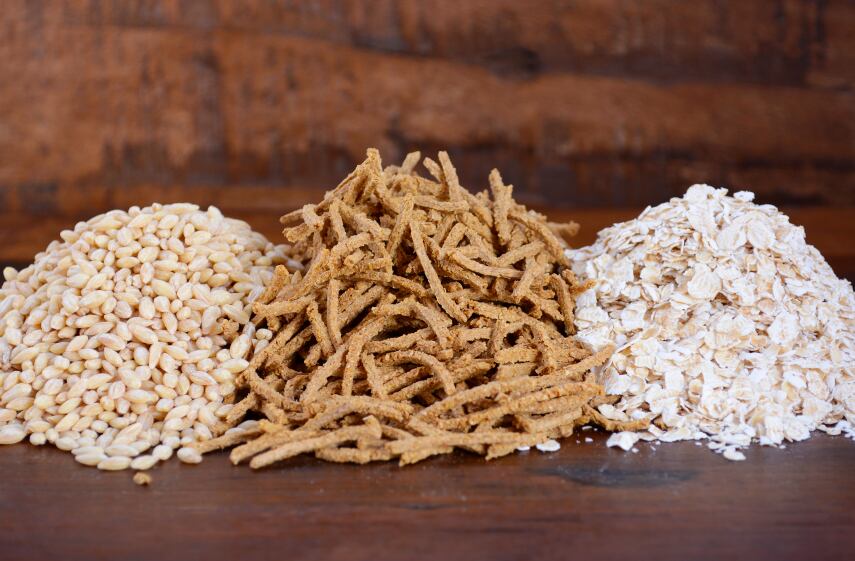While still an unconventional food in the US and Europe, insects such as crickets are regularly consumed in other parts of the world, according to Valerie Stull, lead author and recent doctoral graduate of the University of Wisconsin-Madison Nelson Institute for Environmental Studies.
"There is a lot of interest right now in edible insects," Stull said.
“This study is important because insects represent a novel component in Western diets and their health effects in human populations haven't really been studied," added co-corresponding author Tiffany Weir, a professor of food science and human nutrition at Colorado State University.
"With what we now know about the gut microbiota and its relationship to human health, it's important to establish how a novel food might affect gut microbial populations. We found that cricket consumption may actually offer benefits beyond nutrition."
Insects provide ‘understudied’ source of fiber
According to researchers, insects provide a bioavailable source of protein and chitin, a type of insoluble dietary fiber derived from the insect exoskeleton from which chitosan is derived, containing potential prebiotic properties.
“Dietary fiber intake has been shown to contribute to the health of the gut microbiome by increasing diversity in fecal microbiota and high fiber intake has been associated with a reduced risk of breast cancer, diverticular disease, coronary heart disease, and metabolic syndrome,” the researchers wrote.
“Edible insects are hailed as an excellent source of protein and other nutrients, but they also provide a relatively understudied fiber source, chitin, that could influence the gut microbiota.”
Study methods
Twenty healthy adults aged 18-65 (average age of 26.68) participated in the study and each was randomly assigned to a starting group, cohort 1 or 2.
The study was conducted as a randomized, double-blind, cross-over trial, with two 14-day intervention periods and a 14-day “washout” period between treatments for a total duration of 42 days.
Participants received 14 prepared breakfast meals that either included cricket powder (25 g/day) or that did not include cricket powder (control) at the beginning of each treatment period. Participants were instructed to consume one prepared breakfast every day (muffin and a breakfast shake) during the intervention periods but were able to consume their normal diet the rest of the day.
Subjects reported to the Human Performance Clinical Research Laboratory (HPCRL) at Colorado State University three times (day 0, day 14, and day 42) during the trial to provide a fasting blood sample, a stool sample, and to complete the gastrointestinal (GI) questionnaire.
Consumption of 80% of more of study foods was considered full compliance. One participant in Cohort 2 failed to adhere to these requirements but was still included in data analysis, researchers noted.
Microbiota analysis
A total of 1,304,100 "DNA reads" were used for microbiota analysis, and 855 sequence variants were detected from the various samples collected, stated researchers.
Blood samples were analyzed for a range of health metrics such as blood glucose, enzyme, and protein levels.
The fecal samples were tested for byproducts of microbial metabolism, such as dietary fiber intake, in the human gut and the overall makeup of the microbial communities present in the stool.
While participants did not report any noticeable gastrointestinal changes, researchers found an increase in the abundance of beneficial gut bacterial including Bifidobacterium animalis compared to the control diet.
“It [Bifidobacterium animalis] is one of the best studied probiotics, and a commercial strain, B. animalis subsp. lactis BB-12 has been shown in clinical studies to improve gastrointestinal function, protect against diarrhea, reduce side effects of antibiotic treatment, and increase resistance to common respiratory infections,” wrote researchers.
In contrast, probiotic strains Lactobacillus reuteri and two other lactic acid-producing bacteria (LAB) decreased in participants following the two-week cricket diet.
Conclusions and limitations
“This study provides preliminary evidence that edible cricket consumption at dose of 25 g per day is safe and may alter specific populations within the gut microbiota,” researchers said.
“Since participants’ diets outside of the provided breakfasts were not controlled, we cannot confirm that observed changes in measured outcomes were due exclusively to cricket consumption.”
Researchers added that more studies are needed, including clinical trials with greater sample sizes and completely controlled dietary interventions.
“Moreover, nutritional impacts of insects, specifically due to chitin, warrant further exploration; it is possible that dietary chitin interacts with nutrient absorption.”
Source: nature
Published online, DOI: 10.1038/s41598-018-29032-2
“Eating crickets can be good for your gut, according to new clinical trial”
Authors: Valerie J. Stull, et al.



